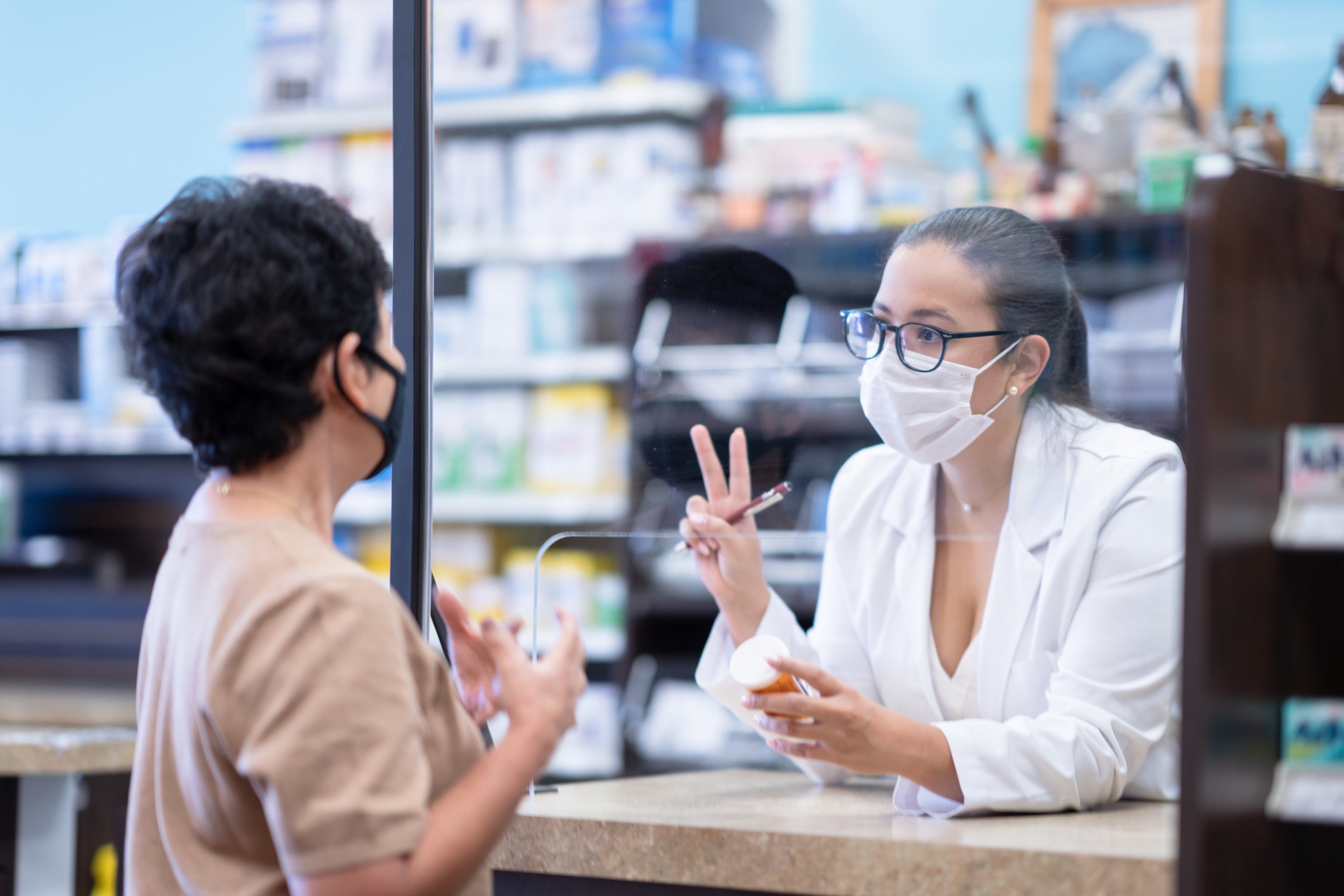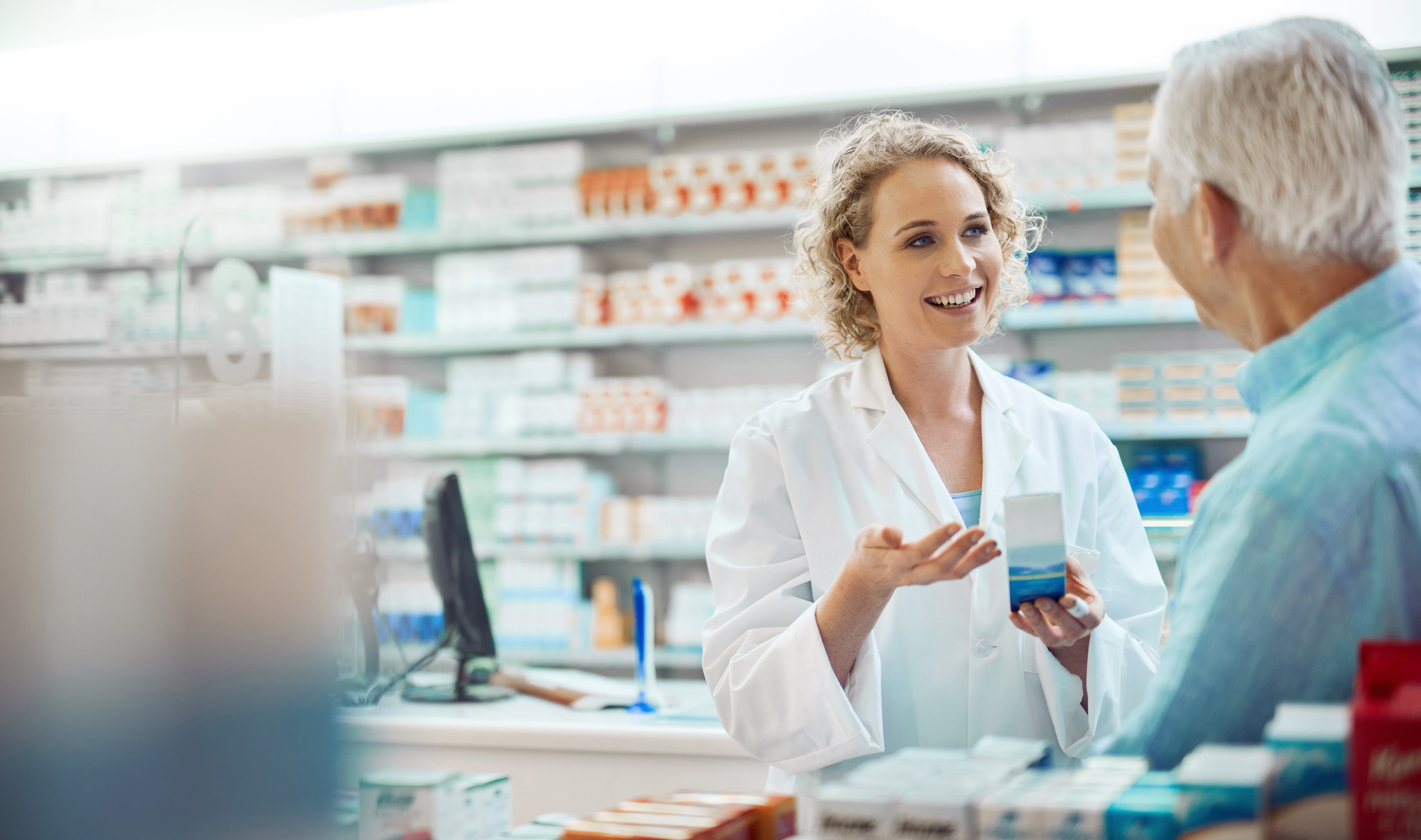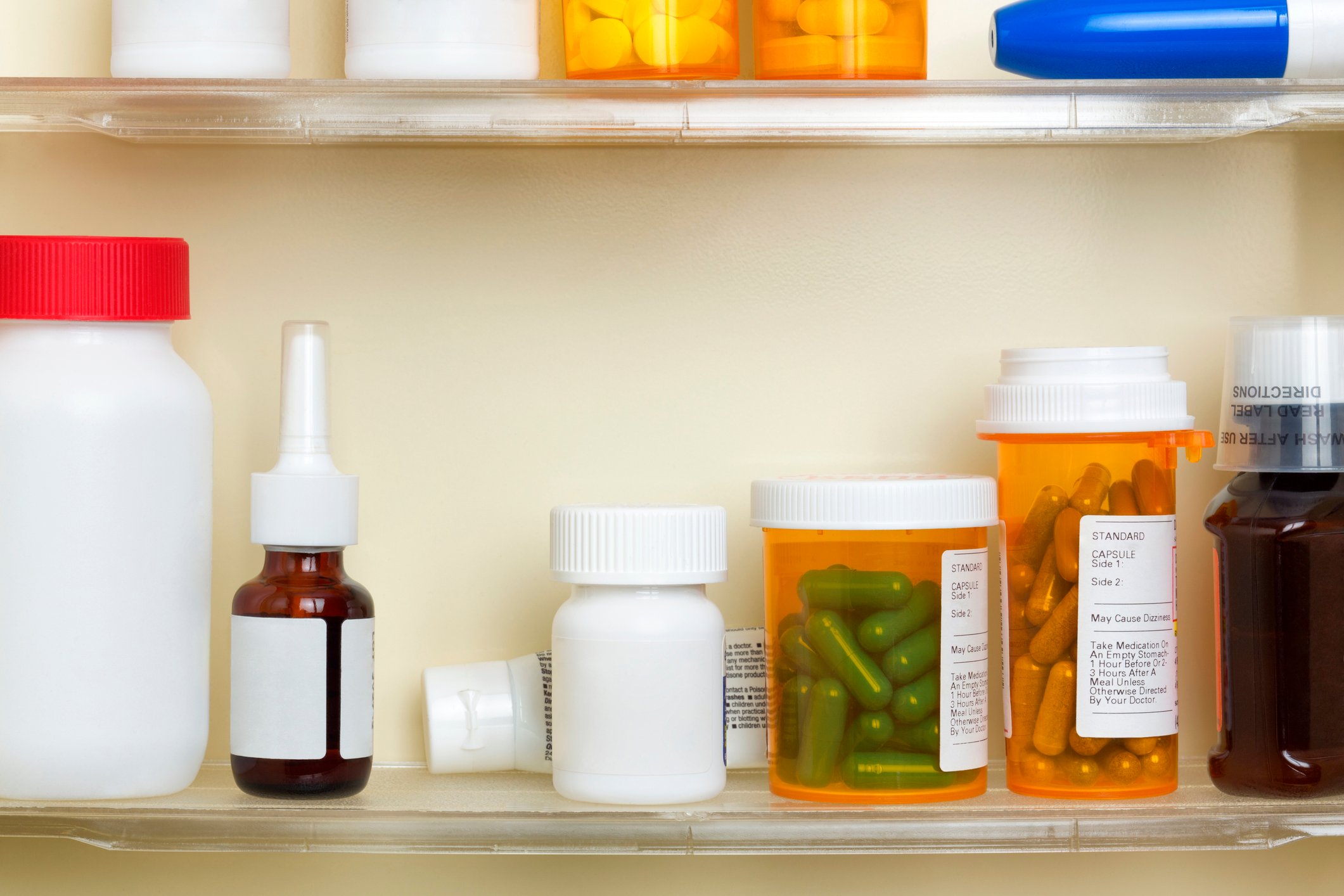Shares of AbbVie (ABBV 0.47%) started out the year with a bang, while around the same time, Eli Lilly's (LLY 0.27%) stock price began to slide. Fast-forward to the present, however, and the former laggard is in the lead, albeit with a meager 2% gain.
Is a less expensive AbbVie the better buy now, or will new drug launches give Eli Lilly the edge? Let's look at some of the opportunities and challenges ahead for each to see which is the better stock pick at the moment.

Image source: Getty Images.
Dividends and buybacks
It's hard for companies this large to triple their value the way some start-ups and smaller biotechs can, but big pharma stocks are known for sharing the hefty profits their patented drugs generate. AbbVie shares offer an attractive 4% yield at recent prices, and earlier this year, its board approved a $10 billion stock repurchase program.
Since 2013, Eli Lilly hasn't had the sort of cash flows that would inspire its board of directors to approve multibillion-dollar share repurchases, and its dividend offers a less-than-inspiring 2.6% yield at recent prices. Its latest payout bump of 8.2% was a nice treat, but Lilly's shareholders have only seen their quarterly payouts rise by 15% over the past five years.
AbbVie, by contrast, has raised its payout by a remarkable 140% over the past five years, and it only needed around 42% of the free cash flow generated over the past 12 months to meet its obligations. Eli Lilly's profits haven't been growing nearly as quickly, but it does have plenty of room to make some big payout bumps in the years ahead.
On the way up
Eli Lilly's dividend isn't anything to be excited about right now, but it could soar on the backs of several recently launched drugs. Aggregate sales of eight products launched since 2014 rose by 80% in the first quarter to $1.5 billion, and they've got a lot further to run.
The company's next-generation diabetes drug, Trulicity, is a big hit already, and its sales are still growing by leaps and bounds. In Q1, revenues from it rose 82% compared to the same period last year, giving the weekly injection drug on track an annualized run rate of $2.7 billion. There are around 29 million type 2 diabetics in the U.S. alone, a population that could drive sales of this treatment much higher.
AbbVie has enjoyed tremendous success with Mavyret, a short course treatment that wipes out the hepatitis C virus. Hepatitis C franchise revenue during Q1 increased 350% to a $3.7 billion run rate. The company's revenues from its share of sales of the blood cancer drug Imbruvica climbed an impressive 36% to hit a $3.0 billion run rate.

Image source: Getty Images.
On the way down
Mavyret and Imbruvica are growing fast, but AbbVie still depends on it's flagship rheumatoid arthritis therapy, Humira, for the lion's share of its growth, and 59% of its total revenue. Unfortunately, its main patent in the U.S. has already expired, and it looks like it will begin facing competition from less expensive biosimilars in 2023.
Eli Lilly's Humalog franchise is still growing sales at a fair clip, but it's been 22 years since the mealtime insulin injection earned its first FDA approval. Cialis was a $2.3 billion drug last year, and it still provides 8.7% of the company's revenue, but its first-quarter sales fell 12% on year due to generic competition that will probably get more intense in the quarters ahead.
On the way
Lilly recently took a bold step into immuno-oncology with its $1.6 billion acquisition of Armo Biosciences. The company was developing a new drug aimed at solid tumors that showed promise in early-stage trials. AM0010 doesn't have a catchy name yet, but it is in a pivotal trial, and could prove to be an important new treatment option for advanced-stage pancreatic cancer.
Lilly's late-stage pipeline also sports a migraine prevention drug that's under review at the FDA; if approved, it could rake in 10 figures annually at its peak.
AbbVie shareholders can probably look forward to a couple of high-profile FDA approvals in the near future. Earlier this year, it submitted an application for its psoriasis tablet, risankizumab, which AbbVie thinks could generate $4 billion in peak annual sales. The company also has a potential blockbuster in its next-generation rheumatoid arthritis therapy, upadacitinib, which could do even better. Elagolix, for endometriosis-associated pain, could likewise become a blockbuster as the first new oral treatment for a large group of underserved patients.
The better buy now
Eli Lilly has done a fine job of assembling a rookie product lineup with strong potential. With relatively little to drag it down, I wouldn't be surprised if the company grows its top line at a double-digit percentage rate for the next several years. And AbbVie faces a serious challenge due to the loss of exclusivity on Humira. However, I think a late-stage pipeline ready to burst can keep its top line growing at a speedy pace when smoothed out over the coming decade.
I'm fairly optimistic about Eli Lilly, but as an investment, it just can't beat AbbVie at today's prices.







